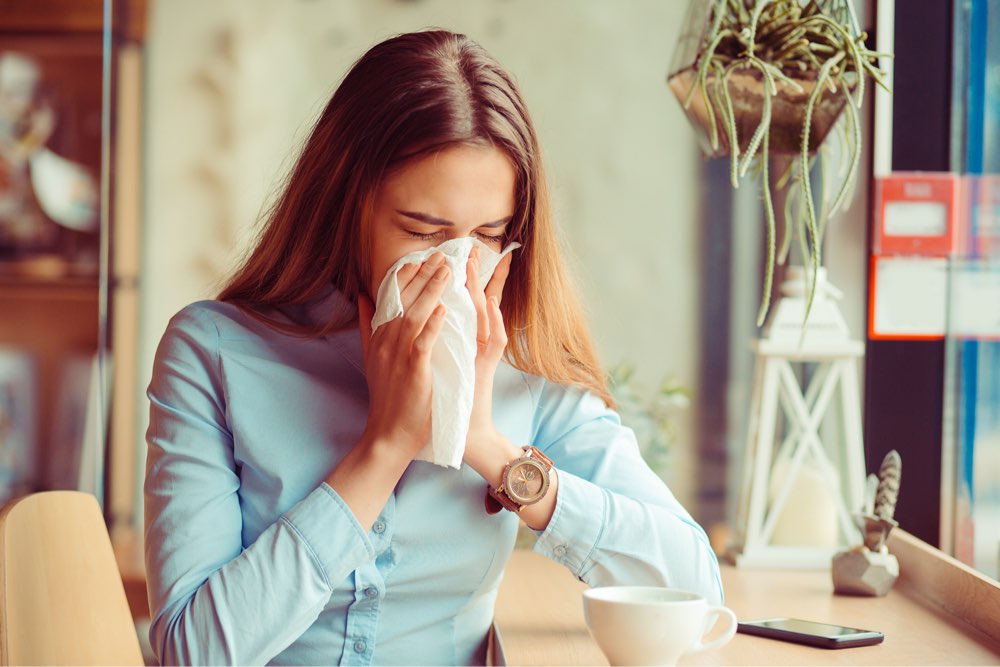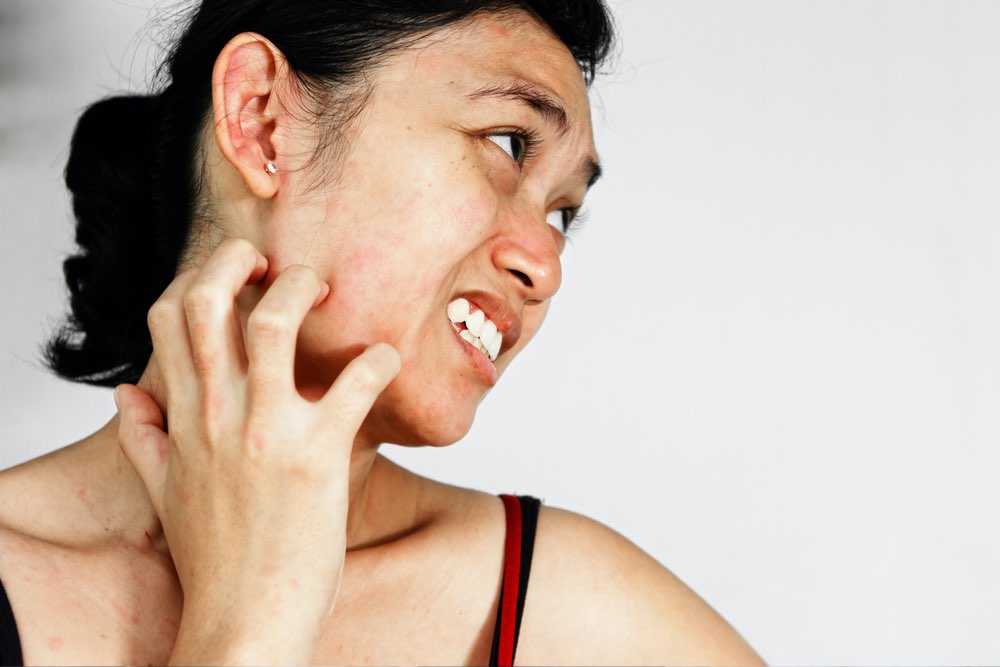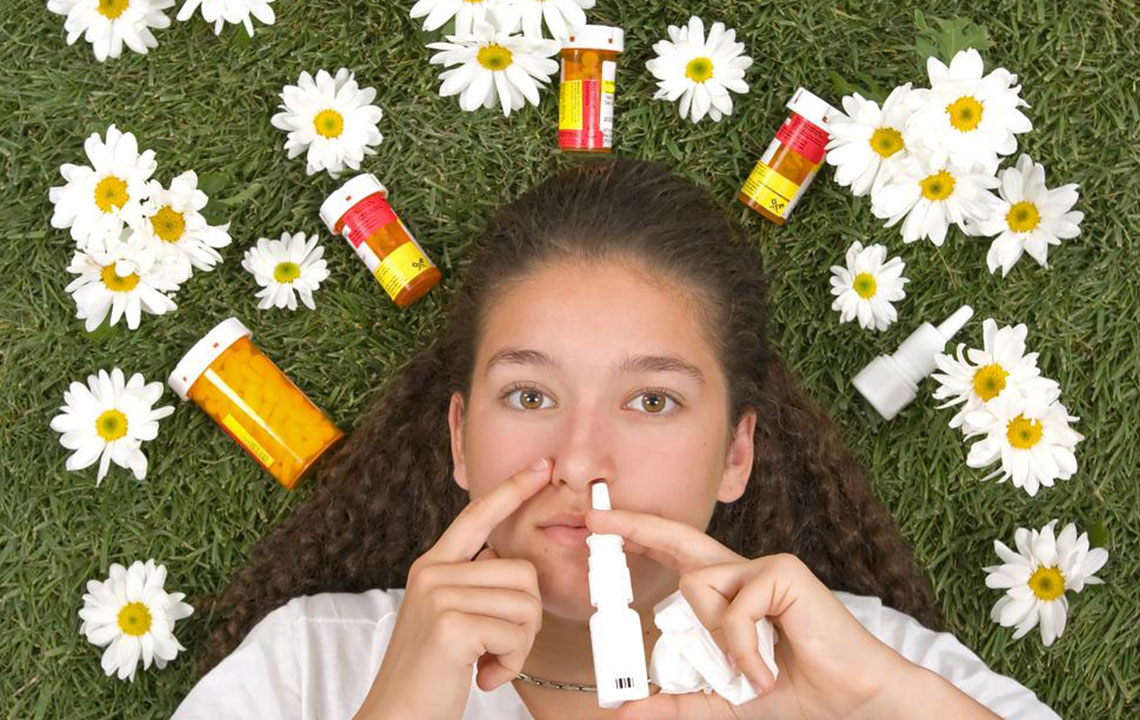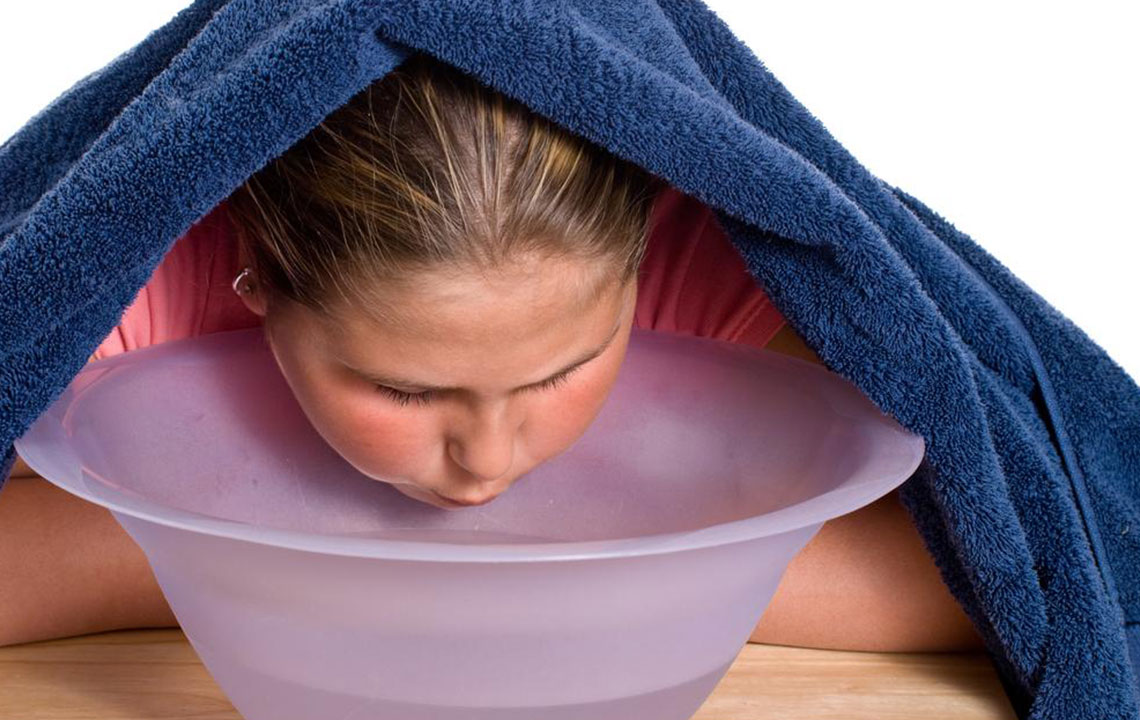Top 5 Strategies to Prevent Nighttime Allergies and Sleep Better
Discover effective tips to reduce nighttime allergies, improve sleep quality, and enjoy restful nights. Regular bedding updates, pet management, pollen control, environment cleaning, and personal hygiene are key strategies to minimize allergy triggers and promote better sleep health.
Sponsored
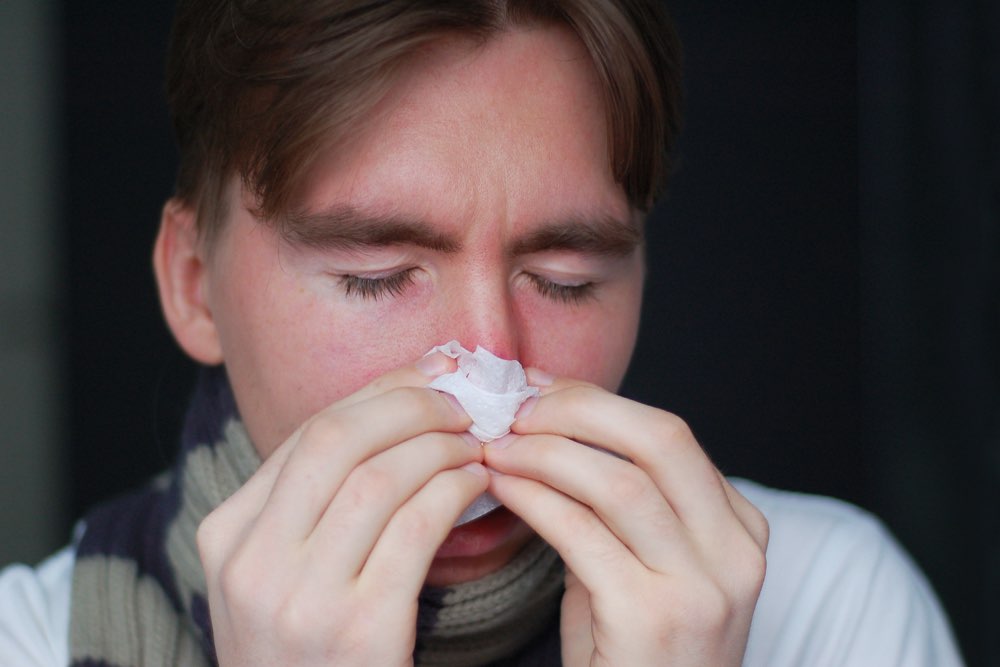
Allergies occur when your immune system reacts to irritants like dust, pollen, or pet dander, leading to symptoms such as sneezing and congestion. These reactions can strike even during sleep, disrupting rest and causing discomfort. To ensure a restful night, follow these five essential strategies to minimize allergy triggers and enhance sleep quality.
Regularly Update Bedding and Covers
Mattresses and pillows can harbor dust mites and allergens. Changing linens frequently and using hypoallergenic pillowcases or mattress protectors can effectively limit exposure to common allergens.
Keep Pets Separate from Sleeping Areas
Pets shed dander and carry other allergens on their fur, including pollen and mites. To reduce allergen transfer, consider having pets sleep in another room, especially if you suffer from allergies.
Minimize Pollen Exposure
Pollen levels tend to increase overnight and peak early morning. Keep windows closed and run an air conditioner equipped with a high-quality filter to reduce airborne allergens and prevent allergy symptoms during sleep.
Maintain a Clean Environment
Vacuum your room thoroughly and wipe surfaces like floors and walls with white vinegar to eliminate dust, mold, and mites. Using dehumidifiers to keep humidity between 30-50% and maintaining comfortable room temperatures around 70°F can further reduce allergy triggers.
Practice Personal Hygiene
After cleaning, shower and wash your hair and skin thoroughly before bed. This removes pollen, dust, and other allergens accumulated throughout the day, minimizing their presence in your sleeping environment.
Always consult a healthcare professional if allergy symptoms worsen or cause breathing difficulty. Seek urgent medical attention if severe reactions occur.

